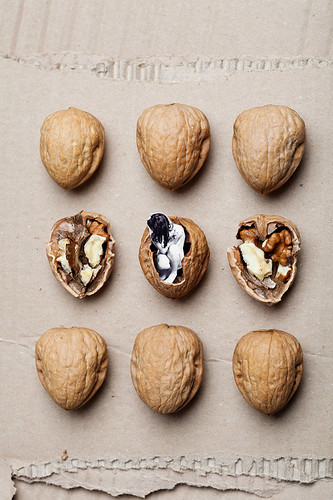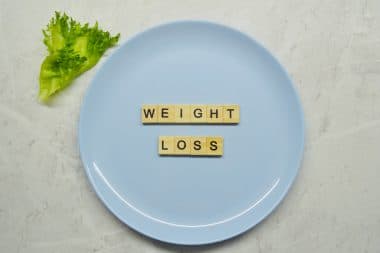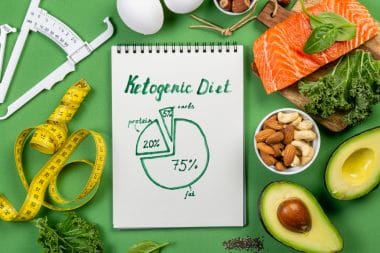Vegetarians are formally defined as those who have diets that are plant based and stay away from poultry, red meats, seafood and fish. Nutrition is based on a plant-advanced diet and only those foods grown from the soil are permitted. There are, however, several types of vegetarians who do add “forbidden” items to their diets. There are lacto vegetarians who consume diary, lacto-ovo vegetarians who eat dairy and eggs, pesco vegetarian who love fish, and pollo vegetarians who do eat a good chicken dinner on occasion. Every classification of vegetarian does endorse a plant-based diet for health, environmental, religious and weight reduction properties.
When you discuss a vegetarian diet you are usually referring to vegans. Vegans only eat food from the soil and if they are true vegans they do not wear or use anything that is animal based. The vegan diet is highly environmentally friendly, but the eco-friendly diet and lifestyle can cause health problems. Vegans as an average do have a difficult time gaining weight and keeping a healthy weight. There are plant based foods however, if eaten in the right portions can provide weight gaining properties. These types of foods can put the color back into the cheeks of a vegetarian and provide them with more energy and vitality. Be smart about what you eat even as a vegetarian.
Eating Proteins
Protein helps increase weight and is useful in restoring the immune systems. The Vegetarian Society urges its members to eat tofu, nuts, tempeh, seeds and peas. These foods are high in protein counts and should be a part of a daily vegetarian diet. Plant based proteins are not complete proteins. They do not contain all of the nine essential amino acids you need to stay healthy and gain weight. Eat more protein rich vegetarian foods on a daily basis to increase and reach you daily protein intakes for the day. High protein foods also help you gain weight.
- Proteins can be found in dishes prepared with bean and legumes. One fourth cup of beans is reported to contain the same amount of protein as an ounce of meat. Try beans in ethnic cuisines like Indian and Mexican dishes. These are yummy and you are gaining high value proteins.
- Substitute soy proteins in meat dishes. Soy contains almost as much protein as meat. Textured vegetable proteins (TVP) provide proteins and meat flavors to sauces, stews, soups and casseroles. Tofu is a vegetarian staple and is made from soy. Tofu is not the tasteless protein substitute from years ago; there are many different methods you can use to flavor tofu to make an excellent protein filled dish. Marinate bread and fry tofu. Eat good tasting Tofu ice cream which is also great for those who are also lactose intolerant. The beauty of tofu is it takes on the flavor of whatever food is in the pot. Use tofu in Asian cooking, stir-fries and in soups. You can also drink fortified soy milks which are rich sources of proteins and will help put on weight.
- Whole grains are natural sources of proteins. Just eating grains to meet protein needs and gain weight is one strategy, but when you use whole grain breads and pastas as well as brown rice you now have a better protein rich meal. A one cup serving of long-grain brown rice has 216 calories and if you love spaghetti noodles you will find that they have 221 calories per one cup servicing.
- If you are a lacto-ovo vegetarian eat eggs and dairy for proteins. Add low fat cottage cheeses. These types of foods will add up to 28 grams of protein per one cup. To help with weight gain, add fruits and vegetables to cottage cheese.
- Eating nuts and seeds as well as nut butters provide proteins, fats and may help with weight gain. Use nuts and seeds as a base for trail mixes or use as additions to salads and Asian noodle recipes. Keep the fats you consume in your diet, healthy. Use polyunsaturated and mom unsaturated fats that should make up to 40% of you overall fat intake. These types of fats are in nuts and oils and will help you gain weight. More steps to adding substances that will help you gain weight if you are a vegan are adding oils to your food. The Vegetarian Society recommends vegetable oils paired with potatoes, pan friend foods and salads.
- Make sure you are eating calcium rich plant based foods while trying to gain weight. If you just eat proteins and fats you will not get the calcium you need to keep your bones strong, stay healthy and gain weight. Studies have shown that 75 percent of vegans do not get the 525 mg of calcium requirements on a daily basis. This can cause bone loss and difficulties as you age. By eating broccoli, spinach, carrots, beans and alfalfa you are beginning to be the necessary amounts of calcium. Take supplemental calcium pill if you cannot eat enough vegetarian and calcium rich food on a daily basis.
- One fun way to gain weight is to drink one glass of wine with dinner. Drinking alcohol to excess is very unhealthy. However moderate alcohol consumption will perk up your appetite. This stimulates digestion and does help you gain weight. This is according to the Vegetarian Society.
- Exercise at least thirty minutes a day to increase you muscle mass and keep healthy. If you are very underweight, exercise to for healthy muscles. Exercising also helps keep cholesterol and blood pressure at a healthy level.
- Increase the calories you consume on a daily basis. You may find that eating healthy food high in calories such as nuts and soy products will give you uplift in the weight category. A one-ounce serving of dry roasted almonds contains 170 calories. If you use veggie crumbles that are made from soy on your salads you will gain 80 calories per two-third cup serving sizes.
- Drink smoothies with protein powder to increase proteins and calories. Make a vegan smoothie with soy milk or fruit juices. Add almond butter or peanut butter to make your smoothie even higher in calories. You can vary calories by using berries, bananas plus coconut water and protein powder. This will give you 250 more calories per serving.
Vegans do not eat animal products. They do not eat poultry, seafood or beef and most do not eat dairy products and eggs. About 2 percent of the U.S. population considers themselves vegan and because of dietary limitations they do have a hard time gaining weight. If you change the amounts of foods you eat, you should begin to gain weight. Do consult your doctors for specific weight gain plans.









